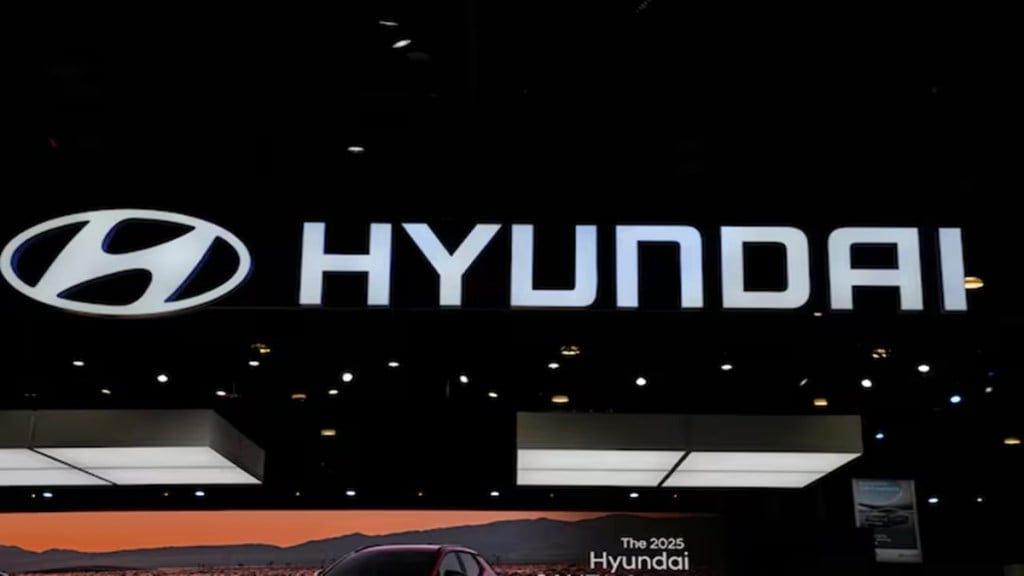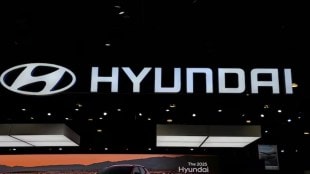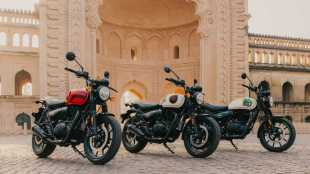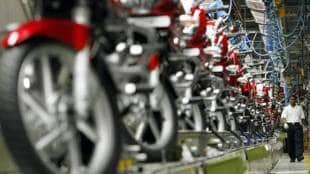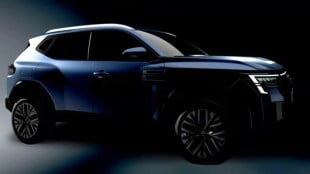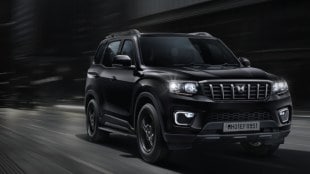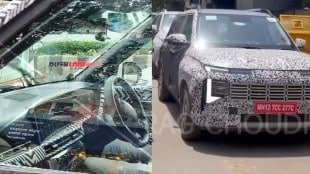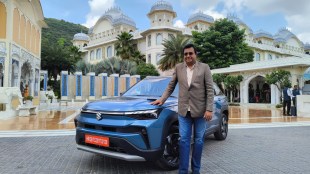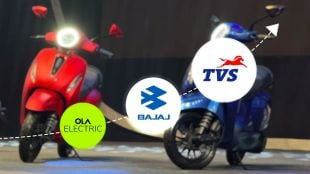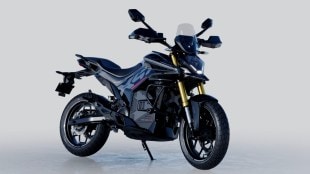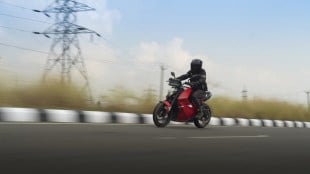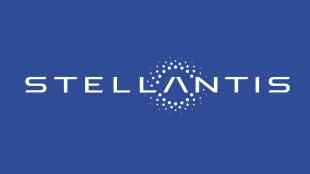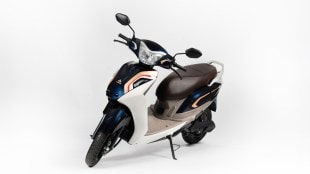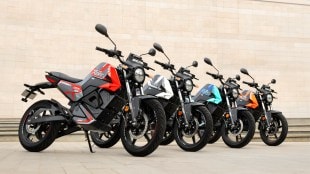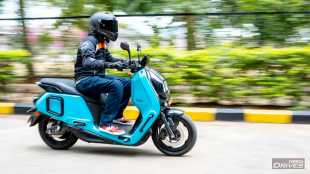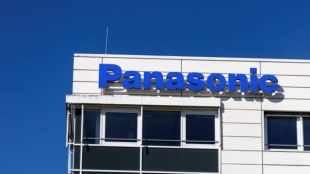Mahindra & Mahindra (M&M) and Hyundai Motor India, two of India’s top four automakers, will have to work harder than their peers to comply with the upcoming CAFÉ 3 regulations — rules that are set to favour smaller cars, hybrids, and flex-fuel vehicles.
The revised Corporate Average Fuel Economy 3 (CAFÉ 3) norms, scheduled to take effect from April 1, 2027, will be more stringent than the current standards, introducing tighter carbon dioxide (CO₂) emission limits. The new target is 88.4 g/km, compared to the earlier proposal of 91.7 g/km and the existing CAFÉ 2 benchmark of 113 g/km.
Automakers like Tata Motors, which benefits from a larger share of EVs in its portfolio, and Maruti Suzuki India (MSIL), which has a strong base of small car sales, are relatively well positioned to meet the new standards. In contrast, M&M and Hyundai will face increasing challenges from FY29 onwards.
“M&M would require a heavy reliance on EVs as it would need 10-15% exposure from it as against 7-8% currently. Hyundai will also require 5% hybrid and 5-10% EV exposure, which is almost zero currently,” said a report from HSBC Securities and Capital Markets (India).
Starting FY29, original equipment manufacturers (OEMs) will be expected to increase their EV penetration by 2–3% annually. This incremental requirement will be particularly demanding for M&M and Hyundai, whereas MSIL will still have some room to maneuver. Tata seems the best placed due to an already higher EV mix, added the report.
M&M, currently India’s third-largest passenger EV manufacturer with three electric models, has set ambitious goals to align with CAFÉ 3 requirements. The company plans to increase its EV share from the current 8% to 15–25% within the next three years.
Nalinikanth Gollagunta, chief executive officer – automotive division, M&M, said, “The draft has come out and there are discussions happening between SIAM and the industry on it. But our sense is that with the products we have put out already and the Nu.IQ (platform) which is coming in, it should hold us in good stead for CAFÉ 3.”
Hyundai, which has shifted away from the small car segment where it once offered models like the Hyundai Santro, Hyundai Eon and Hyundai i10, currently has two EVs in its portfolio — the Hyundai Creta Electric and Hyundai Ioniq 5. With a market share of about 2%, Hyundai ranks sixth in India’s EV market, which is currently led by Tata Motors and BYD, according to data from the Federation of Automobile Dealers Associations.
“Hyundai Motor India (HMIL) remains fully aligned with India’s evolving regulatory landscape and is confident in its ability to meet all current and future norms, including CAFE targets. We continue to invest in advanced technologies and diversified powertrain solutions to support the country’s transition toward greener transportation,” said an HMIL spokesperson.
An executive from a large OEM added, “The proposed norms for CAFÉ 3 are in the draft stage. The government has given time to the industry for a response and already there has been a lot of deliberations on this. This is the first time that CAFE has been given in a staggered form; it is not a consistent figure and these have not been critically thought over.”
